personal injury lawyers
Fighting for maximum injury compensation for you and your family
No Fees Until We Win


Understanding Tort Law And The Tort Threshold In NJ
When talking about personal injuries and the law in New Jersey, the terms “Tort Law” and “Tort Threshold” are frequently used.
Although these phrases may seem difficult, they are fundamental to the way New Jersey manages injury cases.
By clarifying these subjects, the author hopes to provide readers with a better understanding of what they imply and how they apply in practical circumstances.
By the conclusion, you’ll understand the legal framework for handling injuries in New Jersey as well as the requirements for filing a lawsuit.
What Is a Tort?
A “tort” is a legal concept. Simply put, it refers to when one person’s actions or lack of action causes harm or damage to another person.
This wrong action doesn’t have to be intentional; it could be due to negligence or carelessness.
For instance, if someone doesn’t maintain their property and you slip and get injured, it might be considered a tort.
When a tort occurs, the injured person usually has the right to claim compensation from the person who caused the harm.
What Is Tort Threshold?
In New Jersey, there’s a unique rule called the “tort threshold.” It’s a criteria that your injuries must meet if you wish to sue for pain and suffering after a car accident.
Not every small injury can lead to a lawsuit. The tort threshold ensures that only individuals with more severe injuries can sue for certain damages.
If an injury doesn’t cross this threshold, the person might not be able to claim compensation for pain and suffering, even if the accident wasn’t their fault.
Application of Tort Law
Tort law is applied when someone’s wrongful action, whether intentional or due to negligence, causes harm to another. In New Jersey, this means:
If you’re injured because of someone’s negligence, like a shop owner not cleaning up a spill, you can seek compensation.
If damage is done to your property, like someone crashing into your fence, tort law comes into play.

Eligible Injury Types
For the tort threshold in New Jersey, not every injury qualifies for pain and suffering compensation. Here are some eligible injury types:
- Significant disfigurement or scarring.
- Displaced fractures.
- Loss of a fetus.
- Permanent injury, meaning the body part or organ won’t heal and function normally with further treatment.
Understanding which injuries qualify is essential when considering legal action.
See also: Jersey City Personal Injury Lawyer
Changes in the Eligible Types Over Time
Over the years, New Jersey’s tort law has seen changes in what counts as eligible injuries. Initially, smaller injuries might have been included, but as laws evolved, the focus shifted to more severe injuries to control the number of minor claims.
Requirements for the Application of Tort Threshold
To apply the tort threshold in New Jersey:
Claim Verification: The injury should be verified with medical documentation.
Severity of Injury: The injury must be considered “serious” as defined by New Jersey law.
Duration of Disability: In some cases, how long you’ve been disabled due to the injury plays a role.
Monetary Threshold: There might be a specific dollar amount of medical expenses that should be reached.
These criteria ensure only significant injuries pursue pain and suffering compensation.
How to File a Tort Claim in New Jersey
Filing a tort claim in New Jersey requires specific steps:
- Notice of Intent: Submit a notice of intent within 90 days of the incident.
- Gather Evidence: Collect all relevant documentation, including medical records and accident reports.
- File the Claim: Submit the claim to the appropriate government agency or individual.
- Wait for Response: The agency has 90 days to respond. If there is no response, you may proceed to court.
Why Contact a New Jersey Personal Injury Lawyer
Engaging a New Jersey personal injury lawyer is crucial. They possess knowledge of the state’s specific laws, ensuring proper filing of claims.
Furthermore, they can provide guidance, increase the chance of a successful outcome, and help maximize compensation.
With their assistance, the legal process becomes clearer and more manageable.
FAQs
Why Is the Tort Threshold Called a Verbal Threshold?
The tort threshold in New Jersey is often referred to as the “verbal threshold” because the law uses descriptive language, or “verbal” criteria, to define the types of injuries that qualify for a lawsuit against the at-fault driver.
This terminology helps differentiate it from numerical or monetary thresholds.
Conclusion
In New Jersey, tort law and the tort threshold guide compensation for injuries. Understanding these laws is vital for anyone involved in an accident.
While these legal procedures can be intricate, being informed helps make sound decisions.
Consulting an experienced attorney can simplify this process. Essentially, being knowledgeable and proactive is key to safeguarding one’s rights in New Jersey.

Free Injury Case Evaluation
Send the form below and we will call you back in minutes.
…or Call Us Now
856-284-6446
